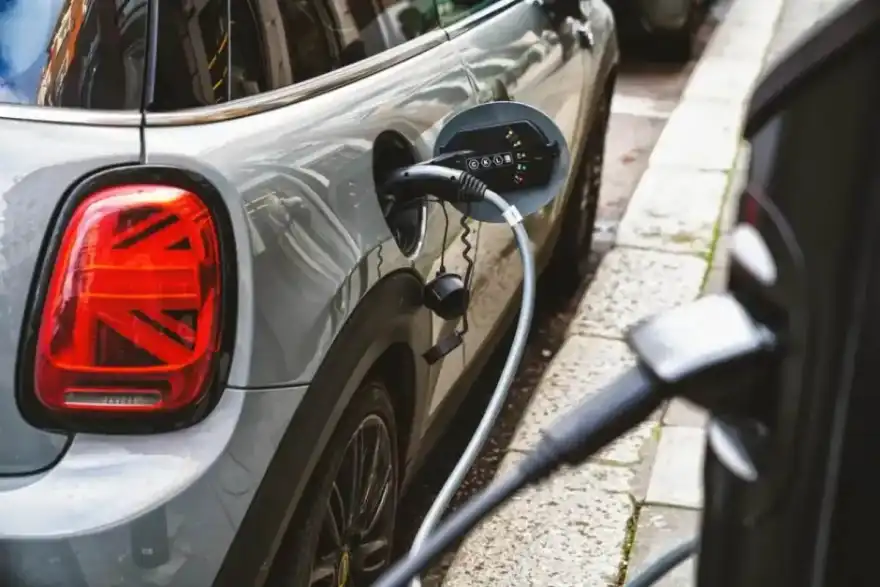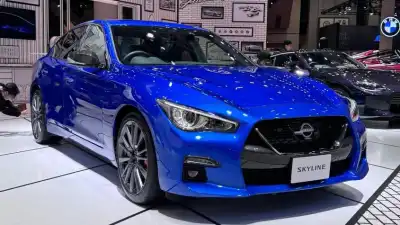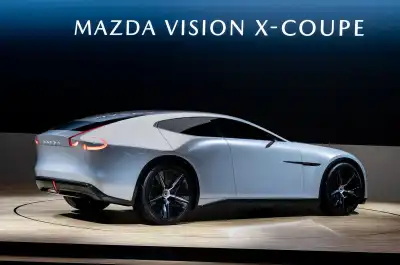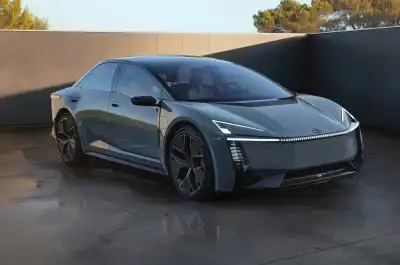
Let's face it. For all the buzz surrounding electric vehicles - the revolutionary claims, the charging statistics, the lofty predictions - many people still aren't keen on them. Or trust them. Or even want to be near one unless it's whisking them away on a Uber ride eerie silence.
People have a bunch of reasons for hesitating to pull the trigger on electric vehicles. Concerns include the price tag, fear of the battery running out of charge (range anxiety), the hassle of charging, and the perception that EVs might become obsolete. However, these fears come from misconceptions, partial truths, and exaggerated stories.
Here are five of the most persistent myths about Evs, along with the reality behind them.
Myth 1: "EVs Have Insufficient Range"
This one is bandied about regularly. "It only manages 150 miles," people say, conveniently forgetting that most of us struggle to cover 30 miles a day commuting, running the kids around, or popping to the shops.
Modern EVs are getting closer to the range of petrol cars. For instance, the new XPeng G6, now available in the UK, offers a range of up to 354 miles on the WLTP cycle. Even more affordable options, like the BYD Dolphin, can achieve over 200 miles - more than enough to get you from Norwich to Nottingham with power to spare for moaning about parking.
Yes, if you're a travelling salesman covering 300 miles before breakfast, you'll need to plan a bit more carefully. But for most folks, range isn't always the issue it's made out to be, especially when you consider you're rarely more than 10 miles from a charging point.
Myth 2: "Charging Takes Ages"
It used to be the case, but that's no longer true. Well, at least not all the time. Yes, using a slow 3kW plug will indeed take a while for a full charge - but hardly anyone does that unless they're charging from a standard socket in their driveway. Rapid chargers, such as those at Gridserve hubs, Ionity stations, or even certain Tesco car parks, can boost an EV from 10% to 80% in under 30 minutes. The XPeng G6 takes about 20 minutes for this.
Home charging is different. If you have a driveway, you can wake up each morning to a vehicle that's fully charged. The hassle lies in the setup - home charging units can cost a few hundred pounds, and not every flat or terraced house makes it simple. But once it's set up, it's straightforward motoring.
Myth 3: "EVs Are Too Expensive"
This one does hold some weight - up to a point. Yes, new EVs typically carry a higher price tag than their petrol counterparts. However, that gap is closing rapidly. The BYD Dolphin Surf, ushered in this summer, starts at £18,650, making it cheaper than most internal combustion engine superminis.
Leasing schemes from Octopus and others now offer salary sacrifice options that bundle together an EV, charger, insurance, servicing, and electricity tariff into one monthly payment - often proving cheaper than running a petrol vehicle, especially with lower Benefit-in-Kind tax for company car drivers.
The prices for used EVs are also dropping. You can find earlier Nissan Leafs or older MG ZS EVs in the £8,000 to £12,000 range. Would we go for one? Probably not - we'd likely opt for an old petrol-powered Corsa for a fraction of the price and a full tank. But we understand the appeal. If someone offered us a cheap EV today, we'd be tempted to see what all the fuss is about.
Myth 4: "They're Not That Green"
The battery debate frequently arises - including concerns about mining, manufacturing emissions, and recycling. Producing an EV is indeed more energy-intensive at the outset than making a petrol vehicle. However, over its lifetime, especially if charged on a green tariff or from solar power, an EV will generally emit less CO₂ overall.
Battery recycling is also advancing at a rapid pace. Companies such as Redwood Materials and CATL are developing closed-loop systems to recover lithium, nickel and cobalt - all the essentials minerals - for reuse.
Additionally, innovations like vehicle-to-grid (V2G) technology, offered in BYD's new UK energy package with Octopus, enable a vehicle that not only consumes power but also provides it back to the grid.
Myth 5: "There Aren't Enough Chargers"
This was once a valid criticism. However, Britain's charging infrastructure has made significant strides in just a couple of years.
Currently, there are over 74,600 public charging connectors in the UK, with over 14,700 classified as rapid or ultra-rapid. That's a 40% increase year-on-year.
While reliability still varies (some sites are excellent, while others appear to be poorly installed), the overall trend is looking positive. That said, it still feels patchy; if we're serious about widespread EV adoption, there needs to be a charger on every corner. But for those with regular commutes and home charging, the network is far more usable than many anticipate.
Are They Worth It?
We still can't say we're massive fans of electric vehicles. They're quiet and lacking in character, and there are far too many screens. Nobody enjoys having to navigate through three menus to adjust the heating controls.
However, we must concede that the performance is impressive, the technology is advancing, and for the right individual, they do offer substantial advantages.
If you primarily drive short distances, can charge at home, and don't have a sentimental attachment to traditional combustion engines, EVs are more economical, environmentally friendly, and convenient than many motorists realise.
They're not just a futuristic concept; they're already part of our reality. While they may not suit everyone's preferences, they aren't the enemy either.




